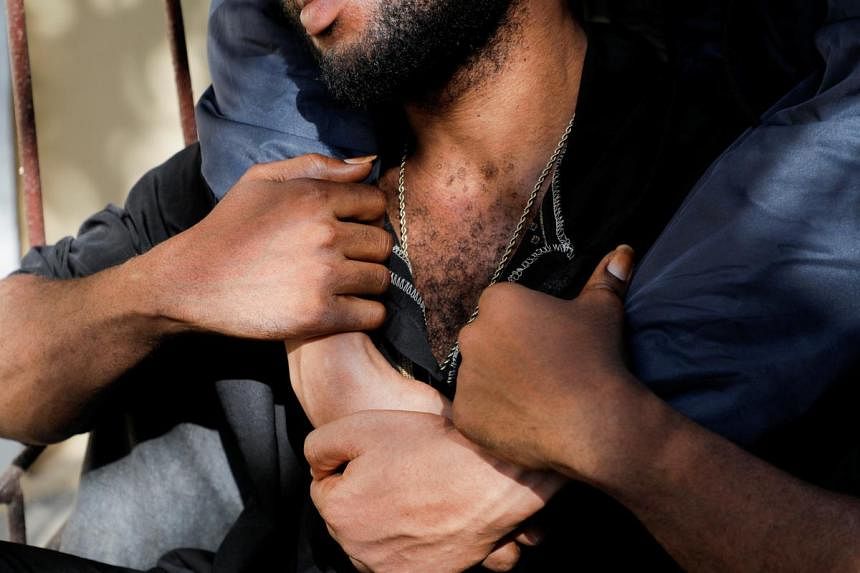
ACCRA – Members of Ghana’s LGBT community and activists are waiting to see whether the West African country’s president will sign into law a bill that would further restrict their rights and likely worsen the persecution many face.
Kwame, a gay man who spoke to Reuters on the condition his real name was not used, already bears the scars of Ghana’s widespread intolerance of homosexuality.
“I was born with two eyes, but this is what I have now,” said the 30-year-old, removing his oversized spectacles to reveal an eye that he said was damaged when neighbours attacked him over his sexuality in 2021.
“Imagine if the bill becomes law,” he said, fearing the crackdown would embolden those who feel they can target LGBT people with impunity, “empowering … people to be murderous.”
Parliament unanimously passed the bill in February, but President Nana Akufo-Addo has delayed signing it with his office citing two pending challenges at the supreme court.
On Thursday, the High Court in Accra is due to rule on a lawmaker’s petition to compel Akufo-Addo to act on the law within seven days.
Gay sex is already punishable by up to three years in prison, but the new law would also impose a prison sentence of up to five years for the promotion or support of LGBT rights, making it one of the harshest of its kind in Africa.
Kwame and his partner who live apart for safety reasons believe their best option would be to leave Ghana before the law comes into effect, but they don’t have enough money to flee.
“It’s a mental struggle but I owe (it to) myself to be strong,” said Kwame’s partner Suleman, describing the pressure of hiding his sexuality and their love from families and friends.
‘IT’S SCARY’
Homophobia is rife in culturally conservative Ghana. Getting a job or accommodation are challenges and those who identify openly as LGBT are ostracised. Hostility and attacks are commonplace, although few such incidents make it to the courts.
The new law could “lead to further gratuitous violence against LGBT people and their allies,” Human Rights Watch warned in March, urging Akufo-Addo to veto it.
His seeming reluctance to sign has also triggered a political row.
On March 20, parliamentary Speaker Alban Bagbin told MPs the president’s delay was unconstitutional and suggested parliament should stop approving new ministerial appointments in protest.
The uncertainty over what happens next is weighing on those who worry about the law’s broader social impact.
“It’s scary,” said Emmanuel Owusu-Bonsu, an LGBT rights activist who does not identify as part of the community.
“It’s like everyone in Ghana is about to be given a gun and they can point it at you and say gay, lesbian or whatever and get away with it.” REUTERS



